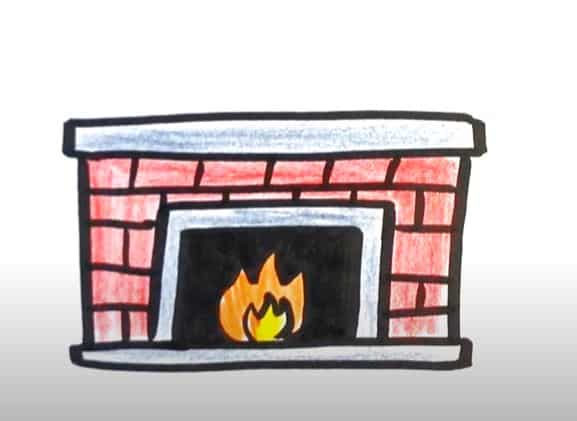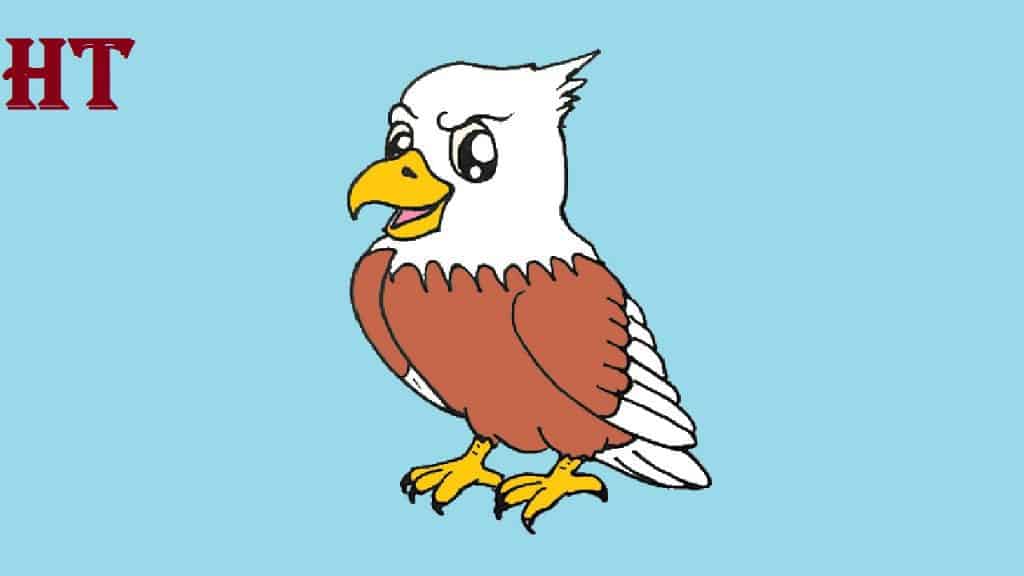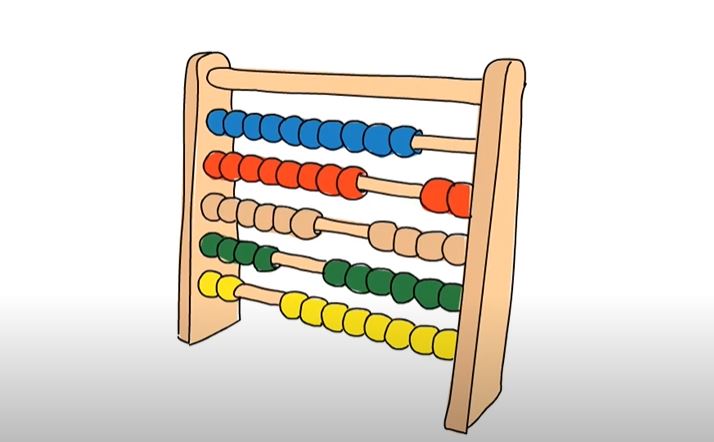How To Draw a Realistic Hand easy with this how-to video and step-by-step drawing instructions. Easy drawings for beginners and everyone.

Please see the drawing tutorial in the video below
You can refer to the simple step-by-step drawing guide below
Step 1
You can use the #2 pencil, but draw this shape very lightly. Make sure you leave space on the paper for your thumbs, fingers, and wrists.
Step 2
See how the red lines for the fingers radiate from the oblong position for the back of the hand. Those who do not line up the strait. Notice how the ends of the lines follow the top curve of the back. Keep this in mind while you are drawing.
Step 3
Now add small circles to the lines. The great thing about those circles is that they help give volume to the fingers and the position of the hinge & knuckles where the fingers bend… remember to draw them in a curve (not straight). Complete this step by drawing on the upper part of the thumb.
Step 4
Congratulations! You are making so much progress! Just draw at the fingers and the bottom of the thumb.
Step 5
Make sure you extend the opposite end of the back of your hand. Remember to draw on the wrist (both the blue and red parts with the bony hump).
Step 6
If you want to add nails, creases at the knuckles, and tendons on the back of the hand.
Step 7
Great! Breathe a sigh of relief because you’ve completed an outline or sketch of an actual hand. Your image might look like this one. If you want, take the journey with me and learn many “How to Draw Hands” tips. Step 15 starts with sketching this hand and Step 17 completes this actual hand. BUT HAVE MANY TIPS that will surprise you. Let’s move forward.
Step 8
Okay… I don’t mean to be difficult, but there were times when I was younger when I got confused with the names of my fingers. So for those who know and those who struggle to know, this is convenient for you to get at your finger tips.
Step 9
What’s up with all this knowledge? What is it good? Well, if you have a basic knowledge of what the hand is made of, you will be better off drawing it. You don’t have to know these things by heart. Good to know they are there. Hi! Can you recognize Carpals! Carpal Tunnel anyone? It’s a disease that affects the wrist area due to repetitive work – like data entry, typing (me!), and other similar tasks. Sorry for being off topic. Continue with the next step!
Step 10
Here we see how the bones interact with the hand. It’s like taking an X-ray!
Step 11
The hand is mainly made up of tendons and bones. However, the fingers and thumb are movable and flexible through the control of major muscles. Here’s a look at what they look like and their names.
Step 12
And we have a great look at how the muscles interact with the hand.
Step 13
Curves and more curves… that’s how you draw the hand. It’s good to start with some bent free, light tutorials. Curved (not boxy) fingernails and even curvilinear knuckles. Here is another hand you can draw and practice with.
Step 14
Look at the grasping hands that I drew. You can see outline marks and some curves… very few straight lines. But those things helped me put my picture and start with it with more precision. First I lightly draw the hands. The result is a beautifully sketchy mess. Then I took a dark 9B Monolith pencil to contour the hand. I have left those slight curves to give you an example of them that will be of great help to you. Go ahead and draw these hands. It will help with your accuracy. The next step starts with perfecting the hand sketch you started with.
Step 15
Take outlines and strokes in your lines. You can use a cross, a line, or a small circle. Remember to start bold on the left outer side of the thumb and fingers then work gently. The veins have a shadow on the left side… let’s draw a little darker. Leaves a lighter area on wrinkles because the top sections are closer to the light. Work with that mindset as you continue to shade.
Step 16
Here are the final products. I hope you enjoyed this tutorial, learning, drawing and practicing some more. What I did was to make the hands, the veins more even…don’t use a lot of white or highlights in this drawing. I felt it would distract from the picture. The next steps will include some other techniques, hand movements, and hand proportions. Stay with me because some of this information will surprise you as it surprises me.
Step 17
Using this technique of drawing hands into planes helps you see where the light is coming in and subtle changes from shaded areas to highlighted areas.
Step 18
This is a great exercise for drawing shadows, and the intercept method helps give hand mass, reliability, and accuracy. Note that my curves guided me through these drawings. As you practice drawing all sorts of poses like this action, you’ll become better at drawing hands and give your character the personality you want.
Step 19
Fingers can be extended to a 45 degree angle. The middle finger can switch between the index and ring fingers without affecting the total distance. It’s nice to know that the distance between the fully extended thumb and the little finger is a 90-degree angle. But my thumb and little finger stretched even further. I have a piano finger. I was even able to do the “Prosper & Live Long” Vulcan move from Star Trek. I’m off topic again!
Step 20
The thumb can be bent from the straightened position to the little finger (little finger) at an angle of 90 degrees.
Step 21
Here’s a diagram on the hand and it’s the inflection points. Click the picture. I think it’s interesting that ball joints appear. Oh, I hand-drawn this… you already know that. But did you know it was hand drawn by me? Got my hands with ball joints and hinges where the hand folds. The folds on your palms and fingers are like perforated paper to help it fold.
Step 22
THIS Excuse me! Walk your index finger (also called index or index finger) from the tip to the ball joints. The thumb, palm length, and palm width should match your index finger to its ball joint. AMAZING! Check this out. Take your hand, join the bottom palm with your chin, then the top of the right palm meet near the bottom area of the eyes. AMAZING! It worked for me! So here’s how you can check your outstretched hand proportions!
Step 23
Here are some common poses that you can practice. Number One or Okay. Power! Grrrr! High-Five or Stop! Let’s shake! Think or Pray! See if these gestures mean anything else to you. Tell me. And I also want to know if this guide is helpful for you. It really boosts my day when you comment, vote and like. If I can’t get to you on the same day, I’ll answer eventually. I really appreciate you all for stopping by my guide. You are all lovers. I wouldn’t be here without you to have fun with. LOVE & PEACE FOR YOU!


